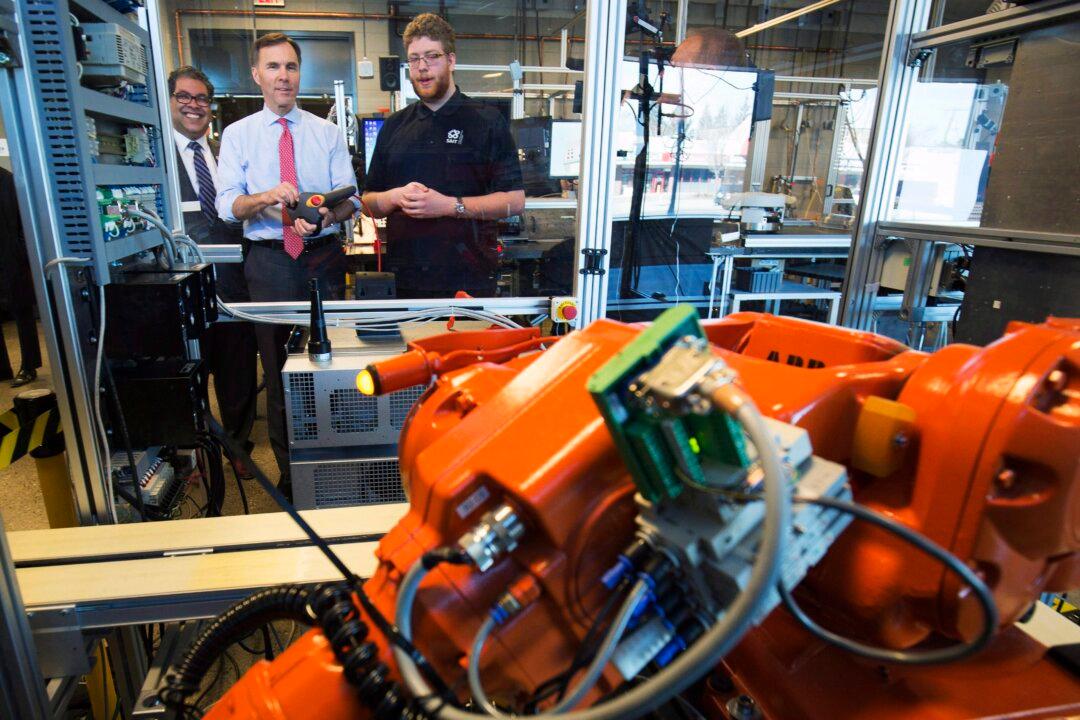The entrepreneurship bug is spreading in Canada. It’s sorely needed for a labor force and an economy that need to adapt in the face of technological change.
The way people work is changing from a generation ago. The work-life balance is more fluid. The “sharing,” or “gig,” economy provides an alternative to how people view the way they work.
“I grew up in a world where I expected to work for the same company for 30 years,” said Tony Bailetti, a professor at Carleton University’s Sprott School of Business, in a phone interview. He is also director of Carleton’s Technology Innovation Management master’s program.
“With my kids, they have five or six jobs and they’re in their 40s and they don’t think twice about it. That’s the way the world goes.”
Given the pace of technological change and automation taking place, Bailetti said the development of entrepreneurial skills enables us to do what we were not able to do before. He compared it with emancipation—a term associated with sociology.
“Once you have those entrepreneurial skills, you feel liberated,” he said. Once liberated, a person is not tied to a job and then rendered obsolete because the technology has changed.
Entrepreneurial skills deal with innovation, creativity, and leadership. Entrepreneurship programs are now offered at many universities and colleges in Canada.
Shopify’s research found that 3 in 10 Canadians have started their own businesses and 53 percent believe that entrepreneurship is a possibility for them in the future. The survey also found that Canadians think entrepreneurs are vital to the economy by creating jobs, innovating, adding to national income, and creating social change.






